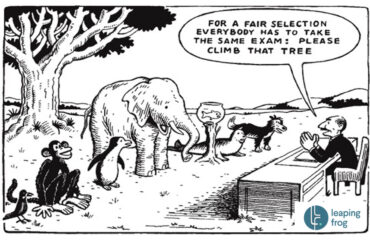
Organisational values and policies are intertwined elements that shape an organisation’s culture. However, the precedence of values over policies is crucial for creating a coherent and effective culture. Values are the foundational beliefs that guide an organisation’s vision, mission, and behaviours. Policies, on the other hand, are the formalised rules and procedures designed to uphold and enforce these values. When policies align with organisational values, they foster behaviours that build the desired culture.
According to Edgar Schein, culture consists of three levels: artefacts, espoused values, and underlying assumptions. Espoused values form the core beliefs that drive an organisation’s mission, while policies are the artefacts or visible manifestations of these values. Harmony between values and policies creates an environment where desired behaviours are encouraged and reinforced.
Leadership, as the driving force behind an organisation, has a significant role in shaping its culture. Values set the direction and intent, while policies provide the framework for acceptable behaviour. However, it is the leaders who must demonstrate these behaviours by supporting creative initiatives and tolerating failures, thereby empowering the employees to follow suit. This leadership behaviour is a crucial factor in aligning values, policies, and culture.
The role of policies in shaping culture is significant. Policies serve as operational guidelines that translate values into daily practices. They help set clear expectations and standards for behaviour. For example, Google’s policy of allowing employees to spend 20% of their time on personal projects reflects its value of innovation. This policy not only reinforces the value of innovation but also encourages behaviours aligned with this value.
The consequences of misalignment between values and policies can be detrimental. When policies contradict the stated values, it not only creates confusion but also leads to disengagement among employees. For example, an organisation may claim to value’ flexibility,’ but if it enforces strict attendance policies that penalise employees for minor lateness, it sends conflicting signals. Such contradictions overshadow the espoused values, as employees are conditioned to adhere to policies, often neglecting the underlying values. This misalignment can significantly impact the organisation’s culture and employee engagement.
Research by the Corporate Executive Board found that employees are likelier to engage in behaviours aligned with organisational goals when they perceive consistency between values and policies. Inconsistencies lead to mistrust and a lack of engagement. Therefore, it is imperative that organisations carefully craft their policies to reflect their core values accurately.




